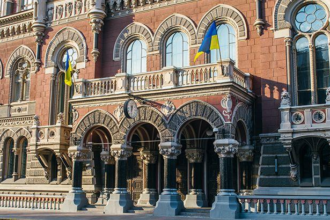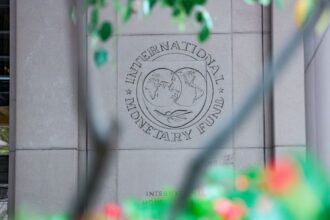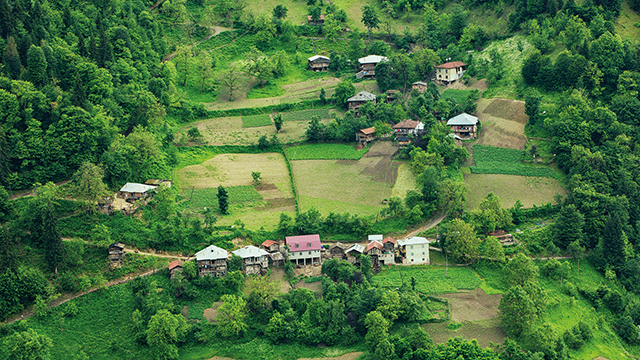CENN, with the support of EU and UNDP and within the ENPARD Initiative, has successfully completed its project ‘Boosting Entrepreneurship for Women through Promoting Women Led Gastronomic Tourism’. The main goal was to empower local women on the social and economic fronts. The project also aimed to promote sustainable development and green growth by promoting the gastronomic sector in highland Adjara.
Nana Janashia is the Executive Director of CENN. She says, “CENN has actively contributed to the economic growth of Adjara’s mountainous region through its interventions on the local business market for the past couple of years.” “We believe that empowering the people in the mountainous regions is crucial to the equal socioeconomic development of Georgia as a country.”
Local women are key drivers in the tourism sector
The project aims to train entrepreneurs and women in the Keda and Khulo municipalities who are interested in entrepreneurship in the direction of Gastronomic Tourism. The training course included interactive trainings and study visits as well as practical workshops. The modules covered gastronomic travel as an important part in cultural tourism, the role of gastrotourism for the development of the economy of the country, gastrotourism and sustainable developments, modern trends and challenges, gastronomy and Adjara’s potential; creation and development products for gastro-tourism; and using digital technology to develop products.
Janashia says that Upper Adjara is one of Georgia’s most sought-after travel destinations, offering unique tourist experiences. “Mountainous regions like Keda and Khulo offer a variety of wine and gastro tourism opportunities. It is therefore important to promote human capital development and diversification of tourism products in order to fully exploit the local market potential.” Janashia notes.
The mountainous villages in regions like Keda and Khulo offer a variety of wine and gastro tourism opportunities.
As part of the EU-funded and ENPARD funded project in Keda, and Khulo we are supporting the local women to improve the skills of their entrepreneurs, as they are key drivers of tourism there,” Janashia says.
“By empowering entrepreneurs in various social and economic directions and promoting the development gastronomic tourism in the region, We support the sustainable and green growth of Adjara highland.”
Nodar Kereselidze told us that “The development of mountainous and remote areas in Georgia is a priority of the UNDP since decades.” “This is important to reach out and address the urgent needs of the vulnerable populations, youth, women and minorities, and other disadvantaged. One of the reasons for working in the Keda & Khulo municipalities under the ENPARD III Program was to enhance the impact of activities of Local Action Groups (LAGs), established with the help of the European Union. CENN was awarded the contract as part of UNDP’s direct intervention, “Supporting Rural Women Led Businesses.” The aim of the contract was to increase entrepreneurship opportunities for females through promoting women led gastronomic tourism.
During the project, six of the best ideas were selected from the pilots presented by women in rural areas. The best ideas were selected and the authors received grants to buy the equipment needed to implement their projects.
Keda Municipality was the winner.
1. Naira Diasamidze – Baklava Masterclass
2. Guguli Chagalidze: Gastroblog and Sunday school with “Zebo”.
3. Indira Beridze, Cafe-Museum at Zvare
From Khulo Municipality:
4. Iamze Meladze: Improvement of the services at the guesthouse “Karati”, in the field of gastrotourism
5. Tsiuri Solomonidze: National Folklore & Gastronomy
6. Asmat Tunadze – Tklapi Production
GEORGIA NOW heard from two of its many beneficiaries. Asmat Tunadze, from Festili, explained how her project will benefit her region, and Georgian gastrotourism as a whole.
“My winning project was ‘Development of Khulo Tklapi As a Gastrotourism product’. Tklapi, which is a fruit-leather that you can roll up to eat,” she tells us. “By implementing the project, I will promote development of Tklapi as a gastrotourist food product. Tklapi is a fruit leather that you can roll up and eat.
“My project will help local residents to solve the problem of selling their surplus fruits. This will mean that many families will earn additional income.” This will not happen just because I have a project or bought a Tklapi dryer for my project. But when people see how successful my project is, they will begin similar activities.
The training course included interactive trainings and workshops, as well as study visits and study visits.
Asmat was asked about the benefits she received from taking part in this initiative.
She replied, “As someone interested in entrepreneurship and entrepreneurship in the highlands of Adjara, the project provided me with the opportunity to receive training in this area.” “Within the project framework, I received trainings in the latest trends in gastronomy, gastrotourism in Adjara’s highlands, and digital marketing through which I can increase awareness.”
She says that as part of training, study tours were made to different parts in Georgia, where the beneficiaries learned about the successful activities of others entrepreneurs.
“It was important for me as a new entrepreneur in the Khulo Municipality to meet eight successful Keda women, with whom I can work in the future.
“I gained valuable knowledge and experience from the trainings and study trips. Thank you CENN, the EU and UNDP. This project gave me a boost and I hope to become a successful entrepreneur one day,” Asmat exulted.
Naira Diasamidze, the winner of the competition, spoke next. Her project is to produce and popularize Adjarian Baklava as well as local confectionery and to entertain tourists.
Naira said, “Within this project, I bought equipment that allows me provide high-quality services and comply with business standards when making Adjarian Baklava.”
Nodar Kereselidze, UNDP’s Nodar, told GEORGIA Toda that with the financial support of ENPARD, UNDP actively supports rural development needs in the country. The program focuses on improving governance and policymaking as well as addressing the economic, social, and environmental challenges. “In Adjara A/R UNDP has supported the improvement of rural service delivery through a strategic and institutional framework. It also provided direct interventions such as green matching grants, smart village, digital transformation and strengthening urban-rural links. In Adjara A/R, at this stage, UNDP has supported the advancement of institutional and a strategic framework for improved rural service delivery, and provided direct interventions, including business and green matching grants, smart villages, digital transformation, as well as strengthening urban-rural linkages.
By Katie Ruth Davies
Tags: Boosting Entrepreneurship Opportunities for Women through Promoting Women-led Gastronomic Tourism in Mountainous AdjaraCENNENPARDEUImproving Rural Development in GeorgiatrainingUNDPUpper Adjarawomen entrepreneurs
Read More @ georgiatoday.ge




